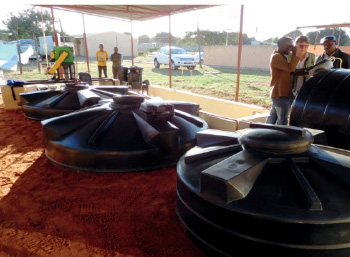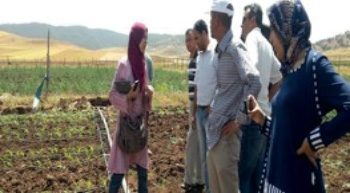Technologies
Production of bioenergy from waste biomasses

Sector: Methodologies, Services
Description
ENEA can develop projects to produce low-cost renewable energy (bioenergy) from waste biomasses. Biogas can be produced and collected in large centralized systems transforming the organic fraction of solid waste collected in urban centers or in small installations for biogas production for domestic uses, small communities or farms linked to specific agricultural crops or agro-processing industries. This energy can then be used on-site with combustion technologies under controlled conditions and low environmental impact, or enter as a biofuel in the methane distribution network after proper treatment (upgrading). The digestate obtained at the end of the transformation process of waste can be used to return organic matter to agricultural lands and prevent desertification.
Benefits and Advantages:
- production of renewable energy
- production of low-cost fertilizer through the use of digestate
- sustainable management of agricultural waste, agro industry, organic waste from urban collection or wastewater
- creation of qualified jobs
ENEA Service:
- design
- technology transfer
- technical support
- consulting
- training
ENEA Activities:
(2013) Senegal - “FREDDAS Fonti d'energia rinnovabile per lo sviluppo sostenibile della valle del fiume Senegal” (i.e., renewable energy sources for the sustainable development of river Senegal’s valley). Leading partner: Green Cross Italia (installation of a pilot plant, at CFP in Matam, which utilizes animal dejections to supply electricity for the centre’s canteen).
ENEA collaborated with the NGO ACRA, providing consulting on the dimensioning and design of a simplified small-sized digestor to produce biogas to be used as renewable fuel at the canteen of the Edoardo Mondlane University in Maputo, Mozambique.



